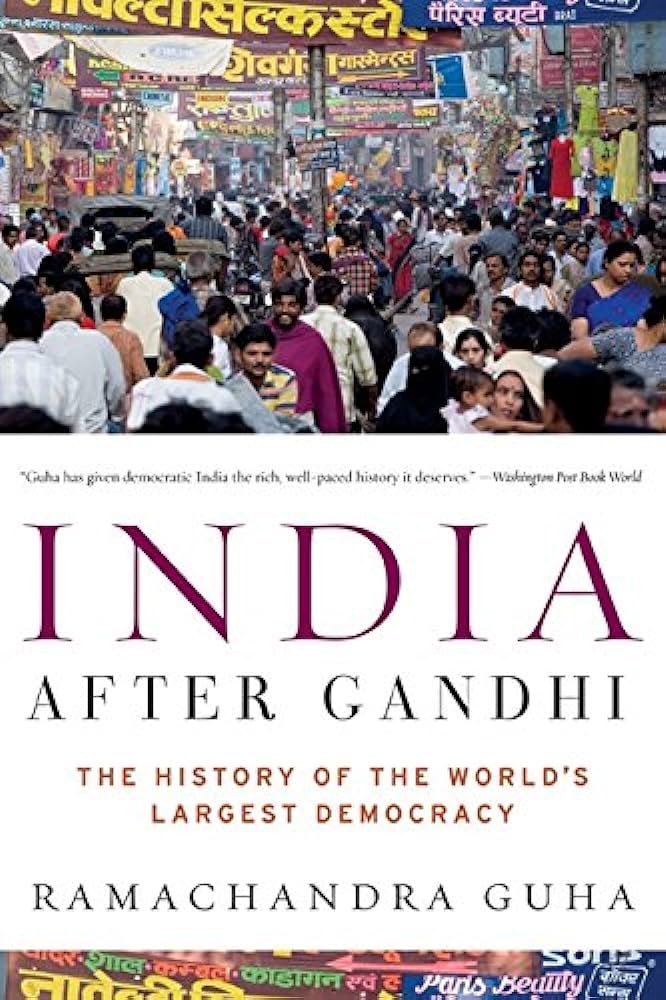Key highlights and reasons for the high rating of this book include:
-
Thorough Research: Guha's extensive research is evident throughout the book. He draws from a wide range of sources, including government documents, personal letters, and interviews, to provide a rich and well-documented narrative.
-
Comprehensive Coverage: The book covers every significant aspect of India's history after independence, from the challenges of partition to the emergence of the republic, economic reforms, political developments, foreign policy, and social changes. It also delves into the regional, linguistic, and cultural diversity that characterizes India.
-
Balanced Perspective: Guha offers a balanced and impartial perspective on the political, social, and economic developments of the nation. He does not shy away from discussing the challenges, controversies, and setbacks India has faced over the years.
-
Historical Context: The book provides essential historical context, helping readers understand the roots of contemporary issues and challenges facing India. Guha effectively connects past events with their implications for the present.
-
Narrative Style: Guha's writing is both accessible and engaging. He combines historical facts with personal anecdotes and stories of ordinary citizens, making the book relatable and humanizing India's complex history.
-
Critical Analysis: The author does not hesitate to critique policies, leaders, and institutions when necessary. His critical analysis adds depth to the narrative and encourages readers to think critically about India's trajectory.
-
Inclusivity: Guha ensures that the book is not limited to political history alone. He covers cultural developments, environmental issues, and social movements, reflecting the multifaceted nature of India's history.
-
Contemporary Relevance: "India After Gandhi" is not just a history book; it also sheds light on contemporary India's challenges and opportunities, making it a valuable resource for understanding the nation today.
-
Readable and Accessible: Despite its length, the book is highly readable and accessible to a wide audience, from history enthusiasts to students and policymakers.
In conclusion, "India After Gandhi" by Ramachandra Guha is a remarkable work that captures the complexity, diversity, and resilience of India's democratic journey. It serves as an indispensable resource for anyone interested in India's history, politics, and society, offering a nuanced and comprehensive account of the nation's evolution since independence. Guha's storytelling prowess and rigorous research make this book an enduring classic and a must-read for anyone seeking to understand the world's largest democracy.




Comments (0)